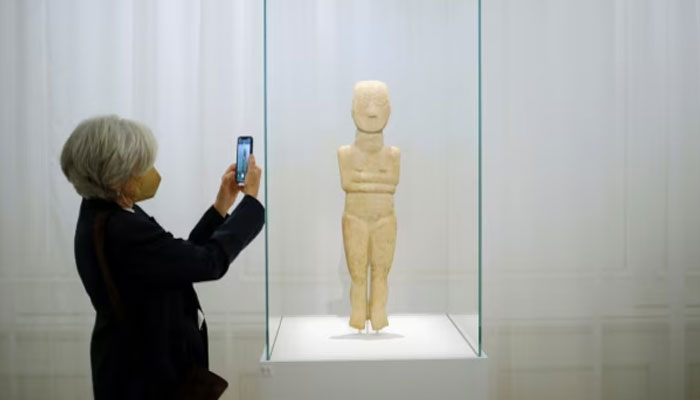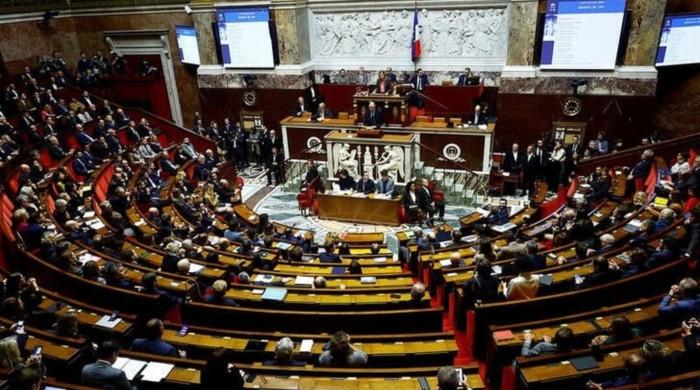Greece recovers stolen artefacts after lengthy legal battle
The recovered artefacts also include a bronze statue of Alexander the Great
May 21, 2023

Greece has achieved a significant victory in its ongoing battle against the illegal trade of cultural heritage by recovering hundreds of stolen artefacts, including a notable 2nd-Century bronze statue depicting Alexander the Great.
The successful repatriation follows a lengthy legal dispute with the company associated with British antiquities dealer Robin Symes, who had amassed an extensive collection through an illicit network of traders. This development marks a major step forward for Greece's efforts to reclaim looted treasures from museums and private collections worldwide.
Greek Culture Minister Lina Mendoni announced the return of 351 objects from Symes's collection after a 17-year legal struggle, underscoring the country's determination to preserve and protect its cultural heritage. While it was not specified whether these artefacts were linked to the 2016 discovery of archaeological treasures stored by Symes in the Geneva Freeport, their repatriation signifies a significant victory for Greece.
Among the most prominent contested artworks are the Parthenon Sculptures, which were removed from the Parthenon temple in Athens during the early 19th Century by Lord Elgin, a British soldier and diplomat. These sculptures were later acquired by the British government and are currently housed in the British Museum. Ongoing discussions regarding their return to Greece are said to be progressing.
This recent accomplishment by Greece adds to the growing momentum in the international fight against the illicit trade of cultural artefacts. The return of these stolen treasures not only contributes to preserving the country's rich heritage but also highlights the importance of global collaboration in combating the illegal art market.
In March, the Vatican also made a significant gesture by returning three fragments from Athens' Parthenon temple that it had held for centuries. Such acts of repatriation demonstrate a growing recognition of the importance of cultural restitution and the need to rectify historical injustices.
As countries around the world continue to prioritise the protection of their cultural treasures, efforts to combat illicit trade and secure the return of stolen artefacts are gaining traction. The recovery of these looted objects serves as a reminder of the ongoing battle and the significance of preserving cultural heritage for future generations.











